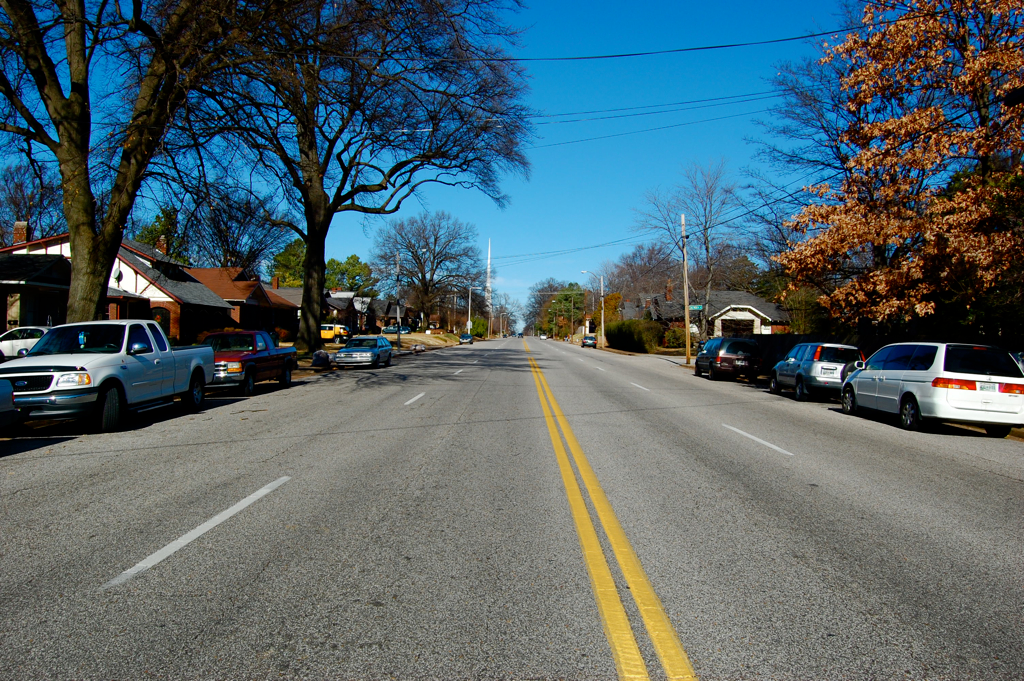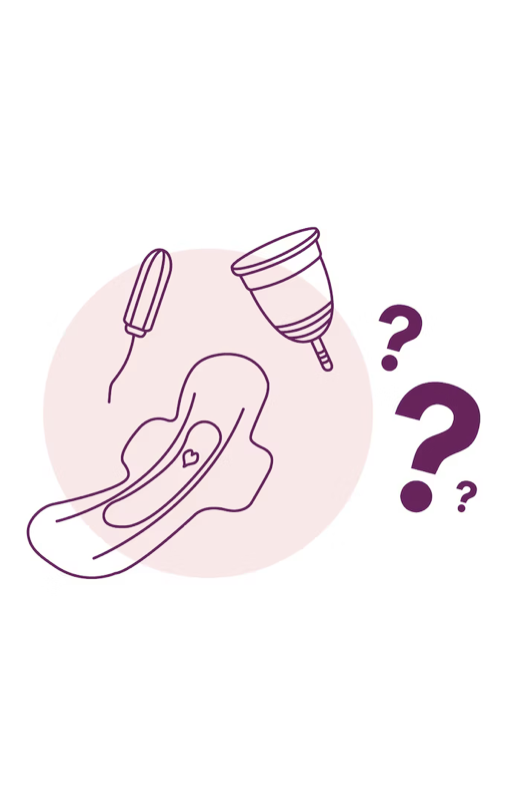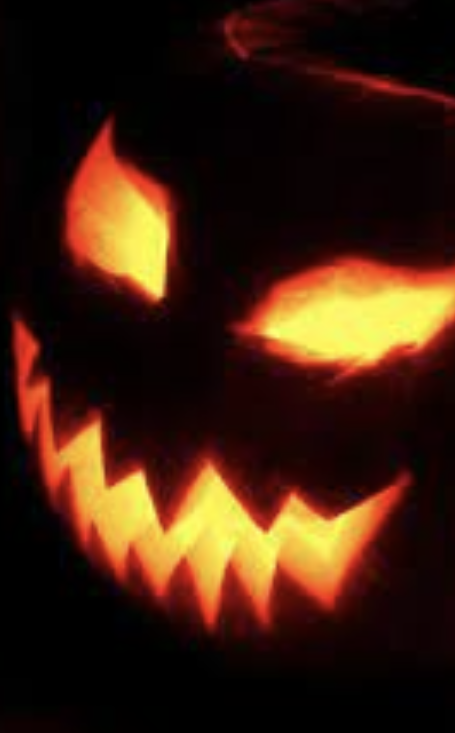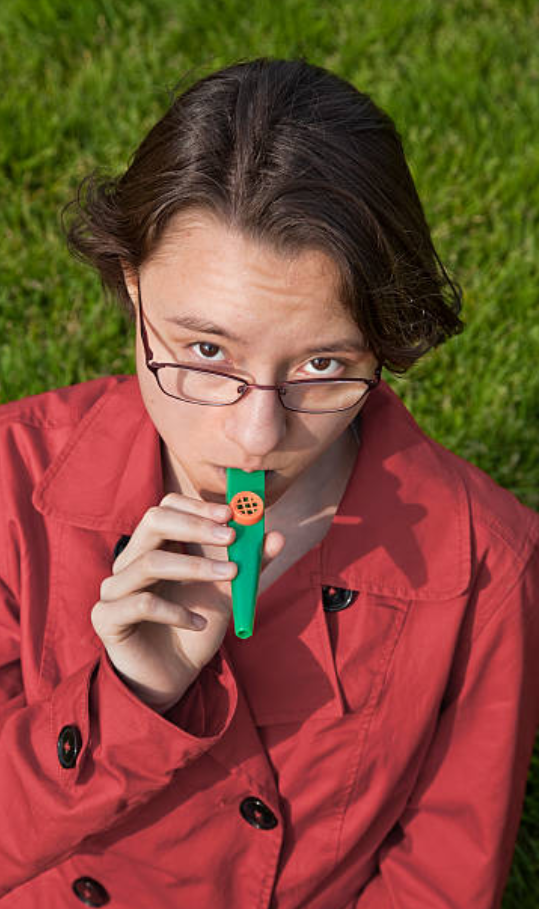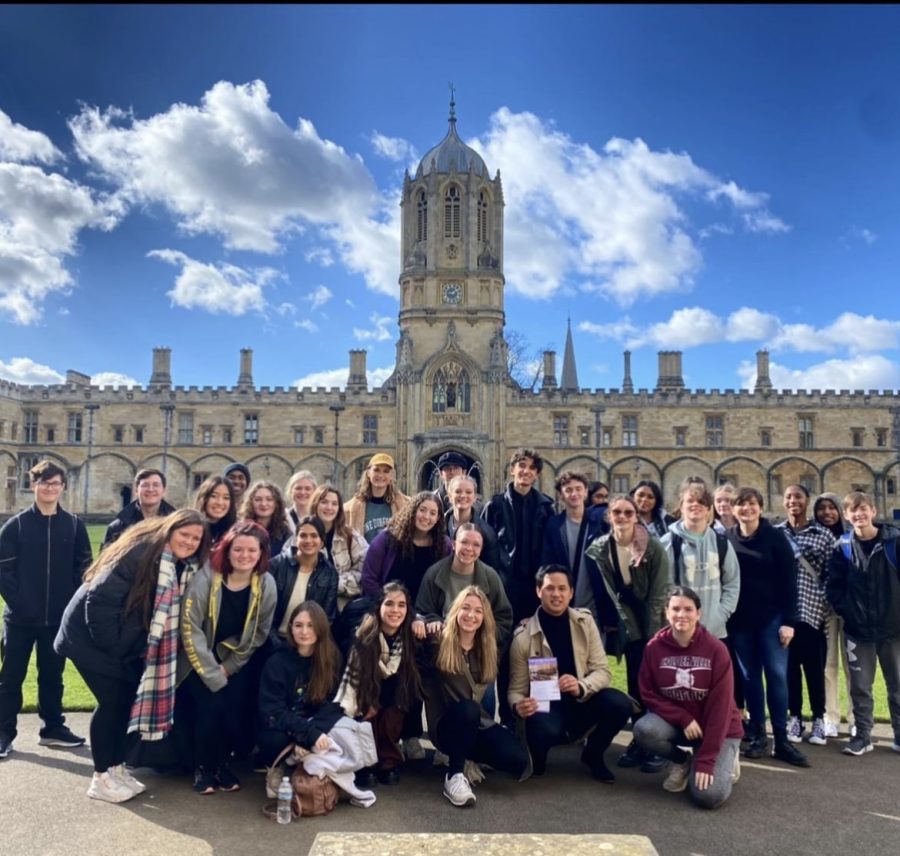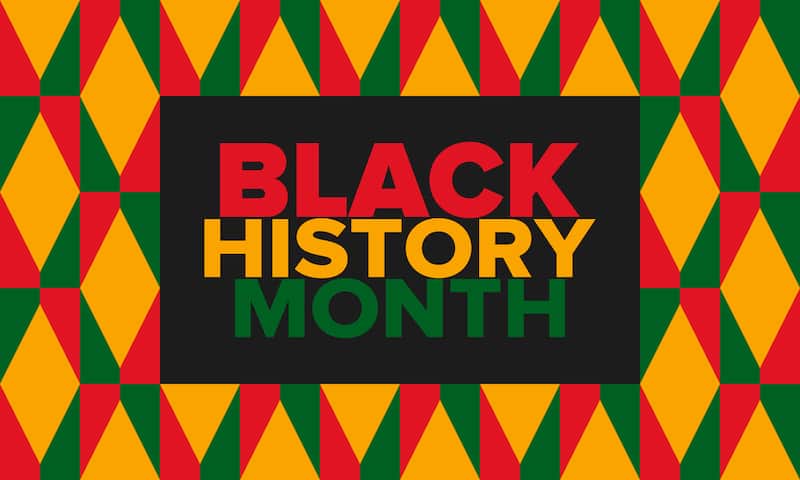Album Review: Stick Season by Noah Kahan

April 19, 2023
Noah Kahan released his third album “Stick Season,” sharing themes that include mental health and family trauma while growing up in small-town Vermont. Unlike his previous albums, he provides an examination on things he left behind including his childhood, relationships, and even himself. This album proves to be the opposite of cheerful and deals with sensitive subjects plenty of artists are reluctant to touch such as alcoholism and depression with genuine bitterness in Kahan’s voice. This is the album that hooked me to Kahan’s music and hasn’t let me go since.
Kahan’s album proves to be emotionally complex, going back and forth with moments of angst and featuring heartfelt tributes to the places and people that are still close to Kahan’s heart. He describes wanting to “write songs about the feeling of being left behind.” He also explains the difficulty on feeling the desire to leave one’s home but still feeling haunted by the people and experiences connected to it.
Kahan starts “Northern Attitude” off with a deceiving quiet ballad that proves to have one of the most booming choruses of the album. This creates the backbone of the album with honest lyrics on going into relationships with a broken heart and being able to leave them with ease. He is almost self-deprecating, as well as being profusely apologetic saying, “If I get too close/ And I’m not how you hoped/ Forgive my northern attitude/ Oh, I was raised out in the cold,” and continuing with, “All alone/ Late in life/ Scared to live/ Scared to die.”
Throughout the album Kahan continues to reflect on this theme of being unattached and unable to be happy with strings attached. He follows with the first waltz of the album “Come Over,” metaphorically comparing himself to his house and placing himself on the lowest rungs of the town’s hierarchy. “And my house was designed to kinda look like it’s crying / The eyes are the windows; the garage is the mouth / So when they mention the sad kid in a sad house on Balch Street / You won’t have to guess who they’re speaking about.” The personification of the house leaves the audience to question what lost item is he longing for –– a home, or sense of place.
Probably one of my favorite songs on the album, “Orange Juice” uses two tempos to build a rousing, symphonic story. The song is told from two perspectives, from someone who turned to religion, and someone who turned to addiction. This song is an almost pleading story, asking for an old friend to simply sit and stay a while, not even knowing where they’ve been. This song brings more perspective to the town and the people that inhabit it. Asking if the person who left found it strange that everything has changed, and they just carried on with their life while the other was struggling in all this adversity. This song sounds like a peace offering, while in reality, it is almost a dig at the person who left the town behind, as it says “Are we all just pullin’ you down? You didn’t put those bones in the ground.” This song proves to be as relatable as they come, demonstrating the conflicting emotions one feels about being left behind until the other returns. Showing the idea of being happy about these new developments, but uncertain if it fits into the world they once knew. This song is truly a complex masterpiece that you must listen on repeat to fully understand.
In contrast to “Orange Juice,” “Halloween” shows Kahan’s ability to finally be able to move own and leave his home, showing his willingness to move past heartbreak and start to live life for himself. Self-deprecation is replaced with new confidence as Kahan is ready to make a life for himself.
“Homesick” has a double meaning, with conflicting views of being homesick while also being sick of home. Kahan is simply ill with grief while he is at home. He is tired of seeing the same things everyday while also desiring to “die in the house [he] grew up in.”
Concluding the album, “The View Between Villages,” is a vignette that finally sends Kahan to peace. While he is still one place or another, one love to another, he finally finds stillness and solace. “And I’m splitting the road down the middle/ For a minute the world seemed so simple.” If I could quote this whole song I would, as it is full of metaphors with a feeling of peace and finality that leaves the audience satisfied and fulfilled. The last few lines sum up his whole experience so simply and complexly at the same time: “The things that I lost here, the people I knew/ They got me surrounded for a mile or two/ The cars in reverse, I’m grippin’ the wheel/ I’m back between villages and everything’s still.” This is another favorite of mine. One that simply makes me want to stop what I’m doing, close my eyes, and listen.
I will admit that the song names are misleading, as I would not expect a song called “Orange Juice” to be about addiction or “Halloween” to have an actual, deep meaning. While it does add to the surprise, I will admit it made me wary when I saw “Strawberry Wine” was next. I never knew what to expect.
This album has touched many people’s hearts, especially my own, as Kahan is able to relate with real life experiences and allows the audience to empathize and feel like they are both spoken to and heard. The album does not create unrealistic ideals such as being able to fully overcome one’s trauma or addiction, but instead being able to accept the good and the bad days and allowing yourself to continue in life and find peace. It is a hard feat to be able to tell your story to the world, while also making an album that is more likely to be listened to nowadays with the pop standpoint. This album is one of my new favorites and I find it hard to put it on pause. While I only picked out certain songs since most reflect the same meaning and I wanted to avoid being repetitive, “Stick Season” is a must listen for all audiences as it is simply a masterpiece.


